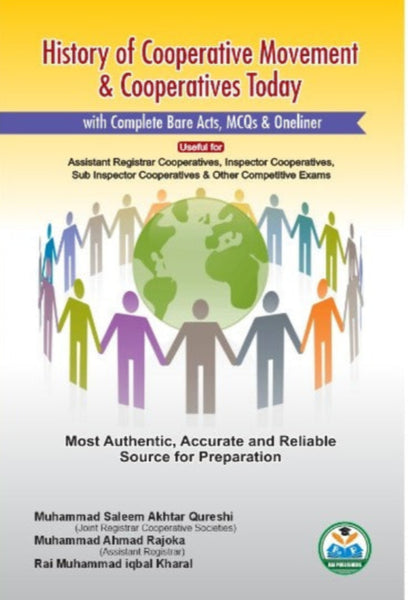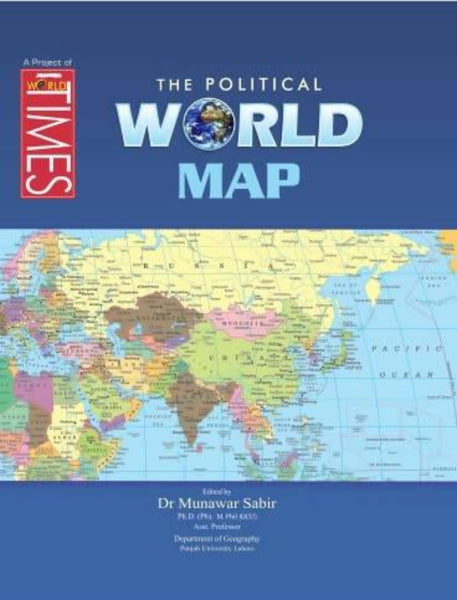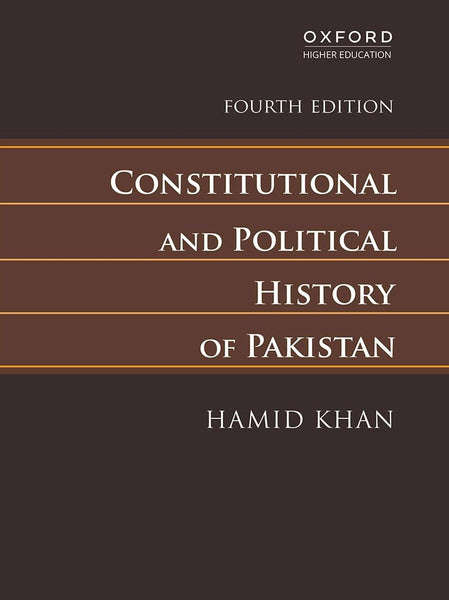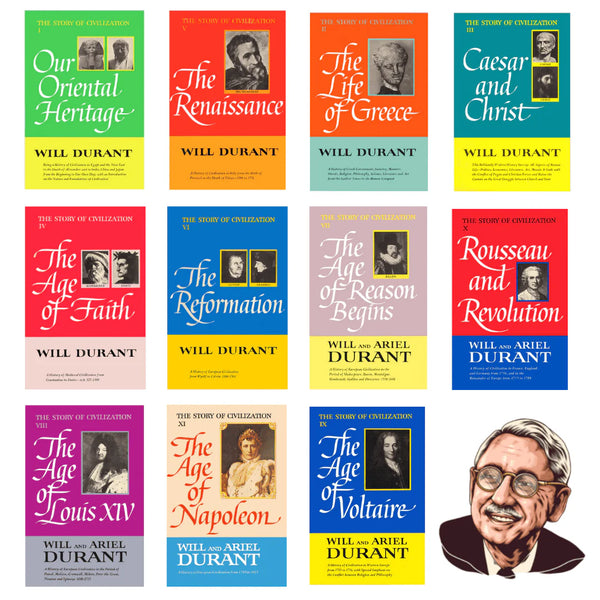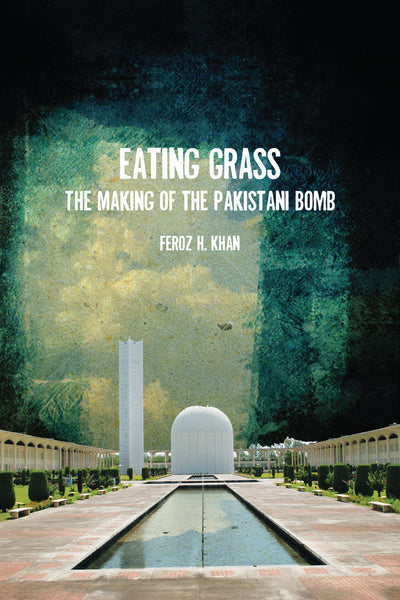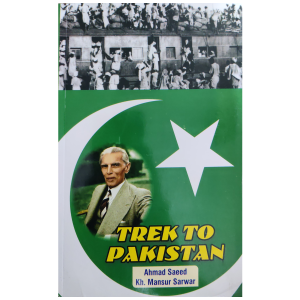The Muslim Secular: Parity and the Politics of India's Partition by Amar Sohal (Author)
- Publisher: POLITICAL SCIENCE
- Availability: In Stock
- SKU: 58971
- Number of Pages: 322
Rs.1,790.00
Rs.1,995.00
Tags: Amar Sohal , best books , Best Price , Best Selling Books , British Raj , Colonial India , Communalism in India , Congress vs Muslim League , Gandhi and Muslim Politics , Hindu-Muslim Relations , Historical Political Movements , History of Muslim Nationalism , Independence Movement , India-Pakistan History , Indian Freedom Struggle , Indian Nationalism , Indian Secularism , India’s Partition , Islam and Modernity , Jinnah and Secularism , Muslim Identity in India , Muslim Leadership in India , Muslim Political Thought , ONLINE BOOKS , Online Bookshop , Parity and the Politics of India's Partition , Partition of 1947 , Political History of India , Political Philosophy , Post-Colonial South Asia , Religious Politics , Role of Religion in Politics , Secular Muslim Identity , Secular vs Religious Identity , Secularism and Islam , Secularism in South Asia , The Muslim Secular , Two-Nation Theory
The Muslim Secular: Parity and the Politics of India's Partition
Author: Amar Sohal
Publisher: Folio Books
Introduction
The Muslim Secular examines the complex political ideologies that shaped India's partition, focusing on the role of Muslim secularism in the debate over religious identity and national belonging. Amar Sohal presents a compelling analysis of how Muslim political leaders, intellectuals, and activists navigated the demand for parity in colonial India, offering a fresh perspective on the historical forces that influenced the subcontinent’s division. This book challenges conventional narratives, shedding light on the overlooked contributions of Muslim secularists in the pre-Partition discourse.
Key Points
1. Understanding Muslim Secularism
- Explores the concept of secularism from the perspective of Muslim political thought.
- Highlights how Muslim leaders engaged with secularism while advocating for equal political status.
2. The Politics of Parity in Colonial India
- Analyzes demands for parity between Muslims and Hindus in British India.
- Examines how these demands influenced the trajectory of the Partition debate.
3. Alternative Narratives of Partition
- Challenges dominant historical accounts that focus solely on religious divisions.
- Brings forth perspectives that emphasize political, social, and intellectual negotiations.
4. Key Figures and Their Ideologies
- Discusses important Muslim leaders who played a role in secularist discourse.
- Examines their vision for a united India versus a separate Muslim state.
5. Impact on Post-Partition Politics
- Explores how the ideas of Muslim secularists shaped India and Pakistan’s political landscapes.
- Assesses the legacy of Muslim secularism in contemporary South Asian politics.
Why Read This Book?
- Provides a fresh, well-researched perspective on India's Partition.
- Challenges the common religious-centric view by focusing on political secularism.
- Essential for scholars, students, and history enthusiasts interested in South Asian history.
- Offers insights into the broader discussions on identity, nationalism, and secularism.
Conclusion
The Muslim Secular by Amar Sohal is a groundbreaking study that reshapes our understanding of India's Partition by highlighting the role of Muslim secularism. It is a thought-provoking read that not only deepens historical knowledge but also sparks discussions on identity, politics, and coexistence in modern South Asia.



